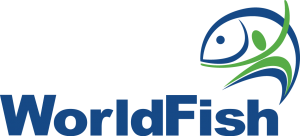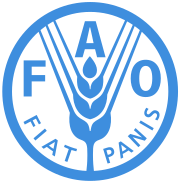Motivation:
The 2014 SSF Guidelines promote a Human Rights Based Approach (HRBA). An important part of this approach is to ensure effective participation of small-scale fisheries actors in decision-making processes. A first step towards ensuring this involvement is a clear overview of existing organizations and their development needs, and an understanding of where there are gaps and representative organizations are missing.
Research Questions:
- Where are fishers organizing and how are these organizations connected?
- What needs do these organizations have on a local, national, or global level?
Goals and Deliverables:
To establish a baseline for support to strengthening small-scale fisheries organizations so that they can participate as required in relevant governance and development processes, this project aims to carry out a mapping and capacity needs assessment of the world’s small-scale fisheries organizations. The specific deliverables are:
- A global participatory mapping of small-scale fisher/fish worker CSOs that could be used by CSOs and FAO, among others, to quickly assess and visualize the coverage and scope of organizations around the world.
- A capacity needs assessment for global and national small-scale fisher/fish worker CSOs, which will serve as the basis for future design, training, and deployment of needs assessments at the subnational level.
Methodology:
The mapping process will be collaboratory with CSOs and build on existing knowledge and known networks but will also need to apply ‘creative thinking’ for identifying ‘new’ organizations and confirm perceived gaps. Questionnaires by email will be used for the general needs assessment but field visits are likely to be required for the more detailed selected assessments.
Partners:
In addition to the collaboration of CSOs, Duke University, FAO, and WorldFish are partners on this project. Funding support is generously provided by the Oak Foundation.
Timeline:
Project start: January 1, 2018.
Project end: June 30, 2020.




